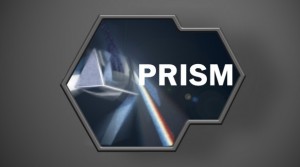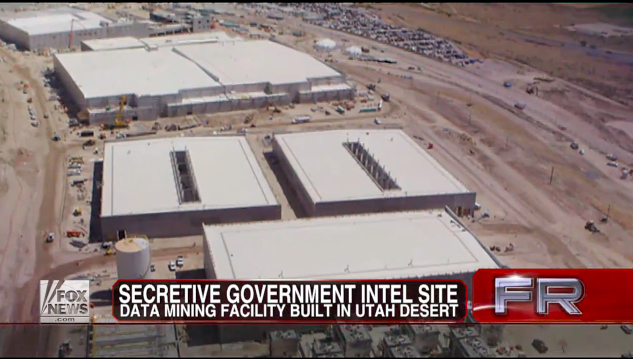UPDATE – There have been mistakes already as well, innocents were monitored and their transmissions were listened to as well:
The National Security Agency has at times mistakenly intercepted the private email messages and phone calls of Americans who had no link to terrorism, requiring Justice Department officials to report the errors to a secret national security court and destroy the data, according to two former U.S. intelligence officials. (Read the rest here.)
Editor’s Note – It just keeps coming, scandal after scandal, revelation after revelation – all Obama Administration related, all of them, and yet, only this latest episode does he claim knowledge of it. At this rate, Congress will be totally incapable of performing any of its duties beyond investigating Obama scandals.
Do you trust your government now?
Wait…they already are at LEVEL: OVERWHELMED, just like the entire nation now. Saul Alinsky would be so proud, but even the NY Times and Alan Colmes are no longer proud…wait for it, wait for it…here comes the next shoe…
Worse than we thought, government tracked credit card transactions, shared phone records with UK
By Becket Adams – The Blaze
You may want to sit down for this.
It appears that along with online information, the U.S. government has tracked credit card purchases and, in some cases, shared phone data with the U.K., according to The Wall Street Journal and The Daily Beast.
It was revealed earlier this week that the feds have been monitoring Verizon, Sprint Nextel, and AT&T customers and that the National Security Administration had established a massive program, code-named PRISM, that indicates the monitoring of Americans.
Now the Wall Street Journal’s sources claim NSA operations also encompass purchase information from credit-card providers.
“It couldn’t be determined if any of the Internet or credit-card arrangements are ongoing, as are the phone company efforts, or one-shot collection efforts,” the WSJ notes.
What is known at this time, however, is that the NSA has established with credit-card companies the same type of relationship it has established with tech companies. That is, the NSA asks for the data and they get it.
Also, according to The Daily Beast’s Eli Lake, at least “one foreign government has gained access to sensitive data collected by the National Security Agency from U.S. telecommunications companies in dragnet court warrants demanding the secret transfer of U.S. customers’ calling records.”
The collected information, referred to as “metadata,” does not include conversation content or the names of people associated with accounts. It does, however, record when and where calls are made and for how long.
And in a few “discreet cases,” as Lake puts it, “the NSA has shared unedited analysis of these records with its British counterpart, the Government Communications Headquarters.”
Furthermore, in 2010, GCHQ actually gained access to the NSA’s PRISM program, The Guardian reports.
“The documents showed the British generated 197 intelligence reports from access to the system in 2012,” Lake notes.
“With advances in computer science, intelligence services can now mine vast amounts of data collected by telecom companies, Internet service providers, and social-media sites for patterns that can illuminate terrorist networks and help solve crimes,” he adds, citing intelligence officers.
“These metadata … reside in vast hard drives that belong to the NSA. Analysts there can then take a phone number or email address and uncover suspected terrorists’ associates, find their locations, and even learn clues about their possible targets.”
A former senior U.S. intelligence official told The Daily Beast, “My understanding is if the British had a phone number, we might run the number through the database for them and provide them with the results.”
“I do not know of cases where the U.S. government has shared this kind of metadata with the United Kingdom, but I would be surprised if this never happened,” Peter Wood, the CEO of First Base Technologies, said in the same report. “Both countries cooperate very closely on counterterrorism.”


